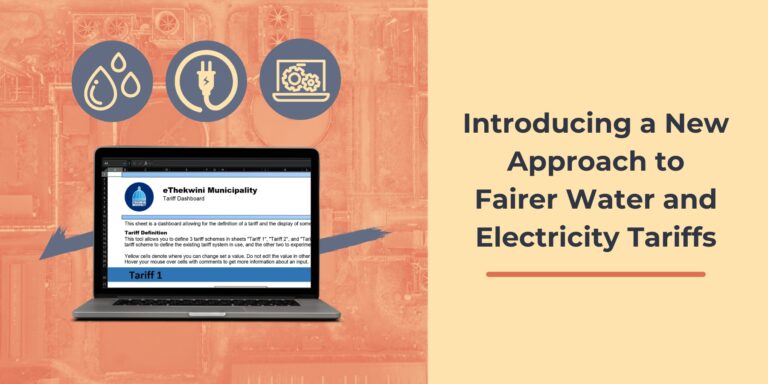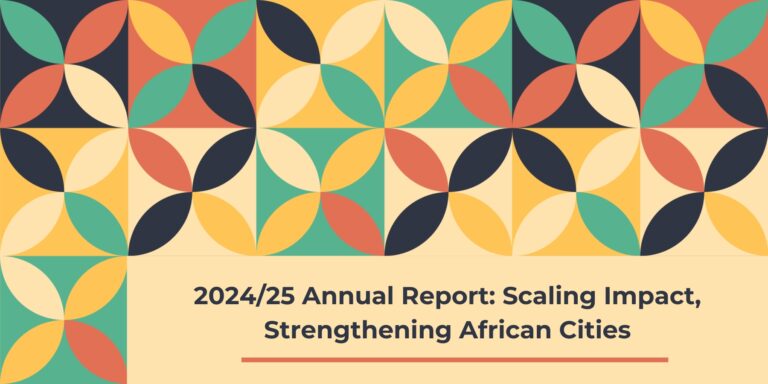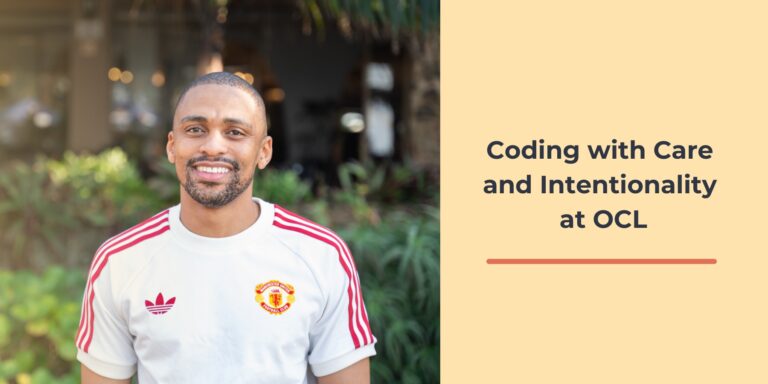
It is important to make sure that queer youth have non-discriminate access to places of worship, wellness centres, health facilities, sports and recreation, knowledge centres, mentorship, places of safety and just general community that is accepting, stimulating and uplifting. In a South African context this would mean focusing on aspects like public transport accessibility, adequate lighting and more gender inclusive restrooms at these places.
The city of Durban is an example of a city that has a surprisingly large queer community but very few queer friendly spaces in the city, or anywhere…which results in the invisibility of the LGBTQIA+ community. This large queer community often exists in romantic relationship silos, feeling lost and lonely in the city without knowing how to navigate and where to go for support and acceptance. The work of connecting the queer community is often taken up by individuals in the attempt to create / curate the spaces that they need. This often means that these spaces and initiatives are short lived as they end when the individual moves away or stops driving the movement. With very little documentation of these spaces and movements, it can be difficult for current members of the community to reimagine their lives and work towards creating the spaces that they need in a city where the LGBTQIA+ community is mostly invisible. The following is a list of the Durban queer-friendly spaces, movements and services of the past and present, formal and informal, with contact details where relevant — mostly instagram handles, for anyone who is interested in queering their lived experience in the city of Durban or is interested in what once was. (Please note, queer-friendly does not necessarily make the provider of the service or organiser of the space a queer person, it just means that their offering is welcoming and inclusive to queer people) Feel free to add more to this directory in the comments section, we are always looking for more!
Not based in Durban, but they are a network of queer youth activists who have made available this application for financial support to members of the LGBTQIA+ youth who may be experiencing extreme difficulty in the time of covid. Share with those who may be in need!
Open Seat is a useful tool for organising gatherings at your home or any other space with members of your community that you may not know personally — developed to help connect Durban people. The great thing about this application is that it handles payments and you can host private events — so kind of invitation only to closed groups of people, which is useful for queer people wanting to connect with new people while feeling protected.
The Durban Lesbian & Gay Community & Health Center
This centre was previously stationed at an office space in the 320 office block in Durban CBD. There was a reception, a board room, an office and an open living space area that had books, DVDs, a TV, bean bags and this is where people would come and hang out. You would always find this room full of people. It was a great place to meet people and find resources and just be safe. Many people would leave their homes in the morning just to come here because this lounge was safer than their living area at home, especially for many unemployed youth of the LGBTQIA+ community. The working week day is especially a time of heightened vulnerability for young girls, children in general and unemployed LGBTQIA+ youth as in many households the women leave for work and there is likely to be some unemployed idle adults left at home who these vulnerable people need to be protected against. On Tuesdays and Thursdays they would host forums on topics that most affect the LGBTQIA+ youth that they may not get to talk about or hear about in their normal lives — these forums covered a range of themes around sexual and reproductive health, education opportunities, mental health, navigating the professional world. The centre has now moved to 42 McKenzie Road, Morningside
Afro Urban Dance Junxion, founded by Tshediso Kabulu hosts dance classes on Mondays and Wednesdays 17:00–18:30 at the Stable Theatre in Durban. A perfect venue for these COVID times as the dance studio is outside and right next to a train rail for dramatic dance scenery. Check out their instagram to see what the dance classes are like and to get in touch.
The Toolbox is a notably accessible and inclusive wellness centre on Peter Mokaba Street founded by sisters Nomzamo and Nosizwe Mji. They have created and offered a variety of healing programs — including yoga and meditation — that focus on physical health, emotional stability and mental ease. The space is also open to members of the community to rent out for their own needs at a very accessible price. The Toolbox offering is currently under transformation but the venue is still available for rent and has a few programs still running.
The Inanda Youth Association is a collective of community developers who are at various stages of acquiring and developing land in the Maphephetheni area with the vision of developing and designing an all inclusive and sustainable rural community. They do not yet have an online presence but are planning to organise events that gather queer community to the area for recreational activities like farming, fishing, hiking, art creation etc. To get in touch you can dm @thandi_trees
Sne is one of those important individuals of society who loves people and enjoys assisting people with their health and wellness goals. Sne enjoys gathering people around activities like hiking, running and HIIT training sessions at Bulwer Park. She also offers support with nutrition advice and mental wellness methods that she applies in her own life. You can visit her instagram for some examples of her work outs. Do get in touch with her via the DMs if you are interested in joining the up-coming hike at Krantzkloof on this Saturday 26 June 2021 or for connecting with her for other recreational activities that she may be organising designed to connect the queer community in Durban.
Saza is another gem of society who informally lends herself to the work of making some classic Durban lifestyle more queer-friendly and accessible. You can connect with her on instagram for a surf companion and film and photography.
A friendly for all company offering film and photography services. Contact them on Facebook or Instagram
@yeninqo and @konkeyeni
Two extremely talented fine artists originally from Durban. You can DM them for what they offer and look at their instagram pages to see their work
Zanele Muholi is a renowned visual activist whose work includes supporting other up and coming visual artists through Muholiprod. Muholiprod is currently exhibiting at the KZNSA.
The queer cookout is a braai organised for queer people to connect that visits many cities in the country including Durban, Johannesburg and Port Elizabeth. The pandemic has slowed down their movements but you can check their instagram for details on any upcoming events.
A collective who curate queer experiences in Johannesburg, Durban and Cape Town. Their next Durban party is the All Black Edition at The Chairman on 3 July 2021. Check their instagram to buy tickets.
An organisation based in KZN that supports queer community. You can check their instagram for posts for the different pride events happening around the province this weekend
The Body Rock
This was a monthly hip hop party at the Bat Center. There would be a line up of DJs — some regular and some features. There was a duo called Static Analysis who would pull a regular crowd of queer women. You can find Anele Nzama’s (Analysis) sound cloud mixes here.
Bean Bag Bohemia
A queer friendly artsy restaurant on lower Windermere road. It has since closed down.
The lounge
A specifically queer and popular night club on Stamfordhill road. It has since closed down.
Angelos
A night club in South Beach. It was always full, largely because public transport in the area wouldn’t really end, which made it one of the most accessible queer nightlife spots in the city. It would host pageant events like Ms Lesbian / Mr Gay type competitions. It has since closed down.
The following are some digital spaces creating queer affirming content:
We are celebrating the launch of Jiva on Netflix this pride month.
Cher’s gender confirmation surgery fund is open for donations. Read more about Cher here




